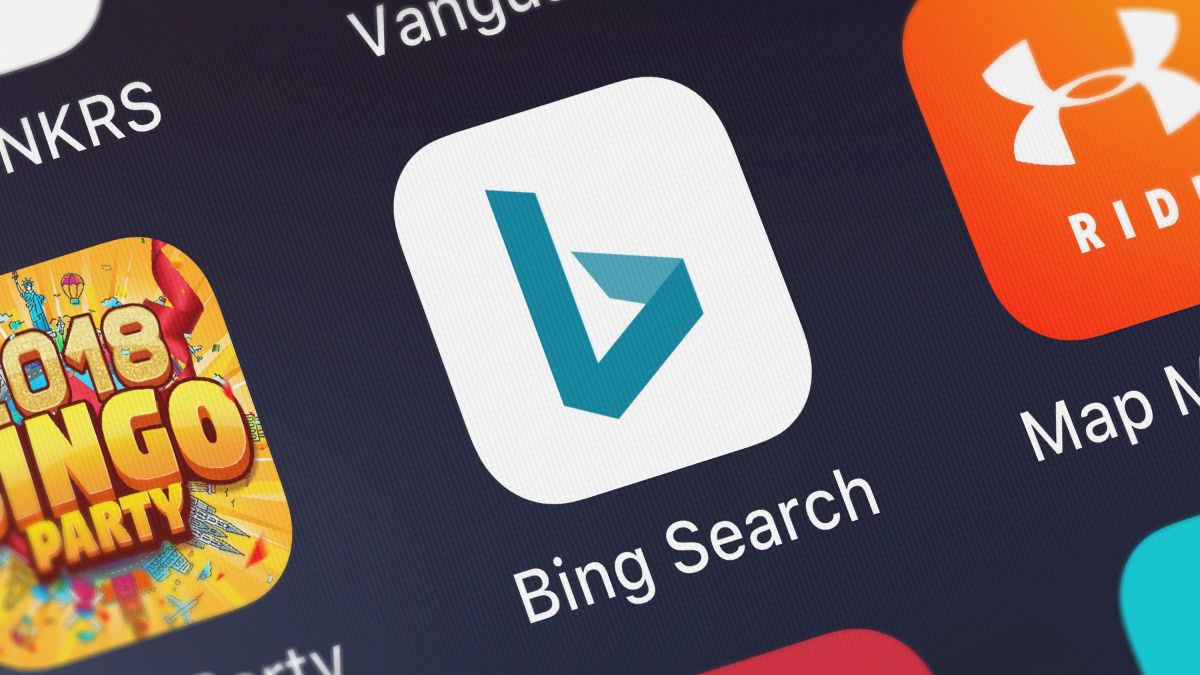With Windows Mobile’s demise in the latter half of 2019, Microsoft suddenly bailed out of the battles for the mobile ecosystem. The company has made an effort to make up for it by making its services available on the competing platforms and embracing a number of Android integrations. However, it appears that Microsoft hopes to provide Apple and Google users an appealing alternative for online search, shopping, payments, and much more. Microsoft might achieve this by adopting a tactic that has been effective in Asia.
According to sources, the business has thought about developing a “super app” that would put Microsoft’s Bing brand in the spotlight while incorporating its other nameplates, such as Teams and Outlook for productivity and more consumer-focused services. Microsoft CEO Satya Nadella has previously stated that he anticipates higher revenue for Bing.
With vertically integrated internet companies like Alibaba, Baidu, and Tencent, which is best known for WeChat, the super app concept is well-liked in China. These apps enable users to send messages to contacts, use their government-issued IDs and travel cards, order items and food for quick delivery, and do a lot more. A comparable app named KakaoTalk is available in South Korea and, despite its name, it also manages payments and a wide range of information services. Both experience widespread use in their respective civilizations, which results in widespread profit.
Elon Musk has periodically mentioned the idea of a “X” super app and said that buying Twitter would be the keystone of his plan.
Whether Microsoft actually creates a super app powered by Bing remains to be seen, but given that the US mobile app ecosystems are currently controlled by two powerful gatekeepers who are free to federate the range of consumer services they provide as separate apps and websites, the majority of the company’s challenges would arise after publication.









